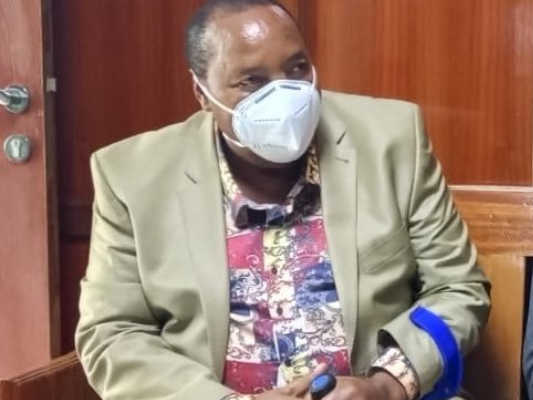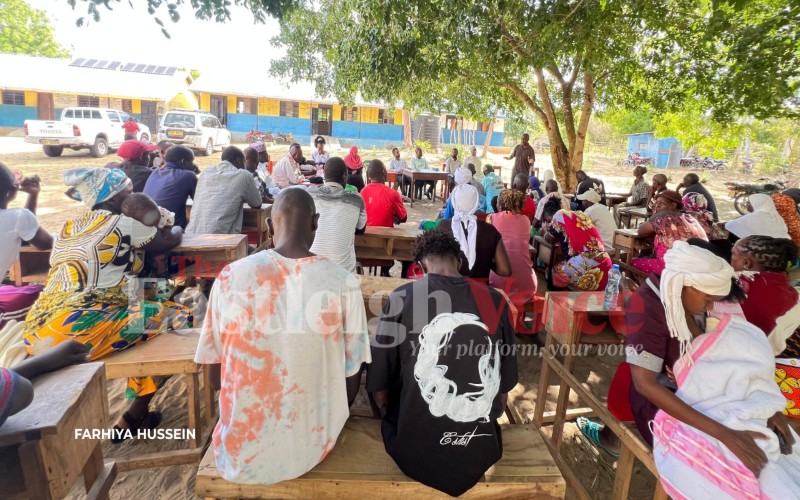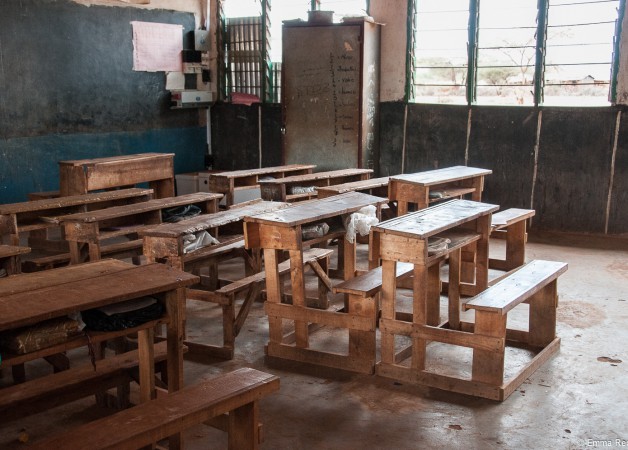Blow to Waititu as court dismisses second bail application pending appeal hearing

Lady Justice Lucy Njuguna, who also presided over the initial application, declined to grant bail again, citing legal provisions that prevent courts from revisiting their own decisions.
Former Kiambu Governor Ferdinand Waititu has suffered a major setback after the Anti-Corruption and Economic Crimes Division of the High Court rejected his second application for bail pending the hearing of his appeal against his conviction and 12-year jail term.
Waititu, along with his co-accused Charles Chege and Lucas Wahinya, had previously filed a bail application in February following their sentencing, which was dismissed. They then submitted a second application before the same court.
More To Read
- EACC traces Sh22.9 billion, recovers Sh3.4 billion in fight against corruption
- Ferdinand Waititu secures Sh53 million bank guarantee, eyes possible release from Kamiti
- Anti-Counterfeit Authority chair charged with soliciting Sh5 million bribe to shield businessman
- EACC flags organised corruption in traffic department, Police IG vows action
- Kenya reports decline in criminal cases, police misconduct on the rise
- EACC files suit to recover Sh813 million from Kiambu Governor Kimani Wamatangi and 13 others
Lady Justice Lucy Njuguna, who also presided over the initial application, declined to grant bail again, citing legal provisions that prevent courts from revisiting their own decisions.
She stated that the issues raised in the current application should have been included in the original application, as they are matters of law that the applicants’ lawyers were already aware of.
“The applicant contends that the current application is not based on the same facts and circumstances, arguing it stems from an amended petition of appeal. He also argues that the High Court has powers to entertain more than one bail application for the same person depending on facts and circumstances,” said the judge.
“By the time the initial application pending appeal was filed, the proceedings had already been typed. There was nothing preventing the applicants from submitting a comprehensive petition of appeal incorporating all the grounds now presented.”
Justice Njuguna referred to several Court of Appeal decisions which bar the litigation of a second suit on the same claim or other claims arising from the same transaction or series of transactions.
She reiterated the judicial doctrine that discourages courts from revisiting their rulings, underlining the importance of maintaining consistency and stability within the court system.
“This court is not persuaded by the applicants. With respect to the present application, and for the reasons given, it holds a strong view that the application lacks merit. I hereby strike it out,” ruled the judge.
On February 12, Chief Magistrate Thomas Nzioki of the Milimani Anti-Corruption Court sentenced Waititu to 12 years in prison, with an option of paying a fine of Sh53.5 million.
Waititu now argues that the High Court should take into account the fact that he was given the option of a fine, which he is willing and able to pay, should he fail to overturn the conviction and sentence.
However, the Office of the Director of Public Prosecutions opposed the application through Principal Prosecution Counsel Faith Mwila.
Mwila told the court that Waititu had not demonstrated any change in circumstances to warrant a review of the earlier order issued on March 14, 2025. She further submitted that the application contravened the hierarchy of courts and amounted to an abuse of the court process.
“The application is aimed at causing substantial and unwarranted delays in the hearing and determination of the appeal pending before this Honourable Court,” said Mwila.
Waititu was convicted of influencing the awarding of a road construction tender to Testimony Enterprises Limited—a company that did not meet qualification criteria—and receiving a kickback of Sh25.5 million.
In his appeal, the former governor argues that, under the Public Procurement and Asset Disposal (PPAD) Act, procurement responsibilities in a county lie with the county treasury, and that a governor plays no direct or indirect role in the process.
He further contends that the prosecution failed to present direct evidence linking him to the tender award, noting that members of the tender committee who had been charged alongside him were acquitted on the grounds that their actions were lawful.
His lawyers, Kibe Mungai and Ndegwa Njiru, also argue that the charges were defective. They point out that while the prosecution claimed the received sum was Sh133,399,776, the charge sheet stated Sh147 million.
“The material inconsistency between the documentary evidence presented by the prosecution and the figures in the charge sheet and bank statements diminishes the probative value of the evidence and undermines its reliability,” stated the lawyers.
They also claimed the conviction was based on the presumption that the subject contract was unlawful and had been executed, despite unchallenged testimony from Engineer Peter Karanja, the project’s resident engineer.
The lawyers concluded that Magistrate Nzioki had overstepped his jurisdiction, arguing that the ruling resembled that of a procurement dispute, rather than a criminal matter.
Top Stories Today











































